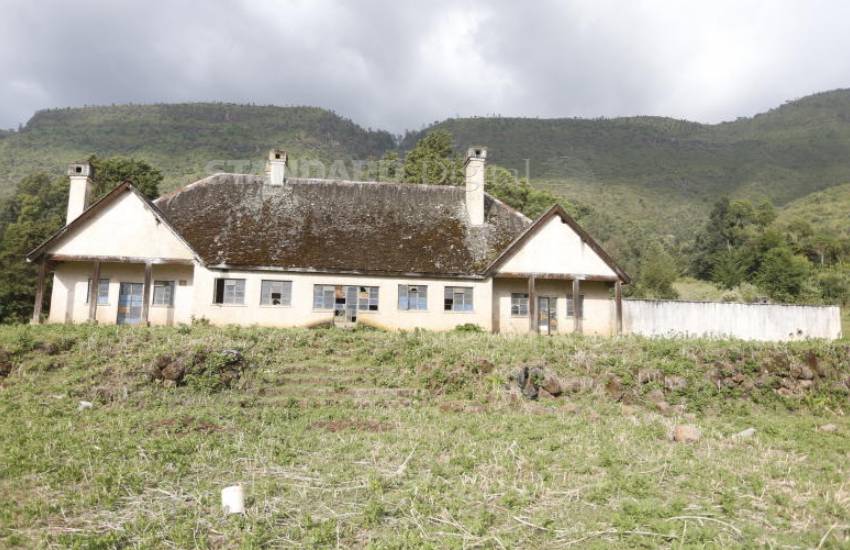×
The Standard e-Paper
Smart Minds Choose Us

On a visit to Happy Valley (Wanjohi) in Nyandarua County about five years ago I overheard from Solomon Gitau, the main character in Juliet Barnes’ Ghosts of Happy Valley, that Al Capone, one of the US best-known mobsters, used to live there. Wanjohi hugs the Aberdares about 30km East of Naivasha.
We normally take such rumours with a pinch of salt. But my years in school have taught me that skepticism and speculation can be great sources of information and knowledge.